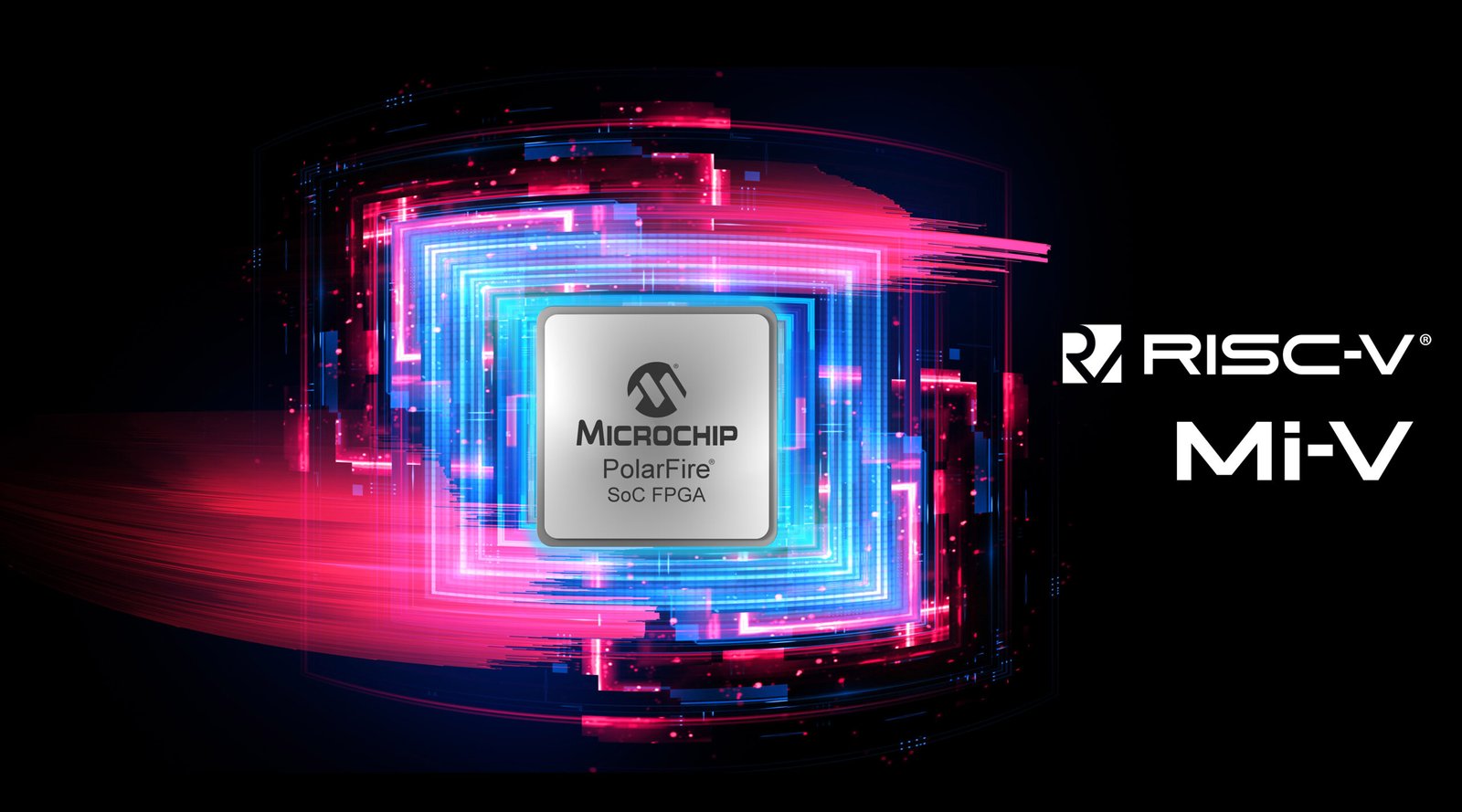The first SoC Field Programmable Gate Array (FPGA) to support the royalty-free RISC-V open Instruction Set Architecture (ISA) has entered volume production marking a major milestone in the evolution of embedded processors. As customers continue to adopt PolarFire SoC FPGA at a rapid pace, Microchip Technology Inc. (Nasdaq: MCHP) announces the production qualification for MPFS250T, and the previously announced MPFS025T. Microchip also announces that its Mi-V ecosystem continues to streamline RISC-V adoption while enabling a new class of smaller, more power-efficient and less-costly industrial, IoT and other edge-compute products.
“We now have a large funnel of customers who have designed in the PolarFire SoC family with our suite of Mi-V tools and solutions,” said Shakeel Peera, vice president of marketing for Microchip’s FPGA business unit. “These customers have developed innovative products that bring best-in-class solutions to market with superior thermal and power efficiency, as well unprecedented compute capability in small form factors. We are now writing a new chapter in the history of RISC-V with the availability of production-qualified SoC PolarFire devices.”
PolarFire SoC FPGAs unlock new configurable processing opportunities with their hardened real-time, Linux®-capable RISC-V-based microprocessor subsystem on a fast FPGA fabric, backed by Microchip’s commitment to a product roadmap and long-term availability. They also leverage customizations enabled by the open-standard RISC-V ISA to enhance power efficiency, security and reliability as compared to alternative processing options, while introducing valuable new capabilities such as the deterministic Asymmetric Multiprocessing (AMP) mode allowing users to run a Linux OS while running a maximum-performance, real-time application. PolarFire SoCs innovation enables new solutions to such challenges as improving computational power efficiency and delivering compute acceleration at the network edge and delivering unmatched capabilities for communications, defense, and medical and industrial automation applications.
The Mi-V ecosystem is equally important to RISC-V adoption, spanning a comprehensive variety of IP, hardware, operating systems, middleware, debuggers, compilers and design services. More than two dozen partners are working with Microchip to continuously expand this low-cost evaluation platform and accelerate design deployment across a variety of industries. It removes barriers to entry, enabling embedded engineers, software designers and hardware developers to leverage the advantages of the RISC-V ISA and the PolarFire SoC FPGA’s combination of small form factors, thermal efficiency and low power consumption.
Microchip’s PolarFire SoC FPGA and Mi-V ecosystem provide an excellent platform to evaluate a Linux-capable multicore RISC-V-based SoC,” said Calista Redmond, CEO – RISC-V International. “The market now has a production-qualified RISC-V solution to procure and adopt in their designs. The FPGA fabric is an innovative platform that enables hardware acceleration for system design.”





